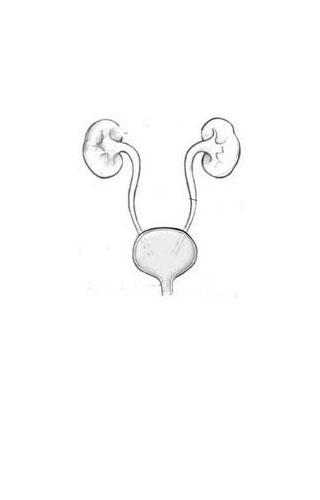Minimal invasive surgery
Varicocele:
Varicose vein of the testicle
Antegrade scrotal sclerotherapy (technique introduced by Tauber in 1987)
Advantages: suitable for local anestesia and day case/outpatient treatment (no hospital admission necessary), only 2cm large skin incision, fast and safe procedure, fast recovery time
Fimosis:
Contraction of the foreskin
Triple-incision Technique
Advantages: preservation of the entire foreskin and sensitivity of the penis (in comparison to circumcision)
Female urinary incontinence:
Stress urinary incontinence or mixed stress-urge incontinence
TVT-System (Tension-free Vaginal Tape)
Introduced by Ulmsten in 1995 it represents nowadays the gold-standard in treatment of stress urinary incontinence
Advantages: performed under local anestesia, intra-operative cough-test allows the surgeon to assess the results of the surgery and achieve higher success rates (>90%), fast recovery time, minimal complication rate.
Sterilisation:
No - Scalpel - Vasectomy
(technique developed by Li Shunqiang)
Advantages: no incision, no stitches on the skin, faster procedure and recovery, less complications, just as effective (in comparison to conventional vasectomy)
Benign prostatic hyperplasia:
BPH, "prostate enlargement"
TUNA Therapy (Transurethral Needle Ablation)
With over 33.000 performed procedures worldwide one of the most approved alternatives to conventional prostate surgery
Advantages: suitable for local anestesia and day case/outpatient treatment (most patients don`t need hospital admission), fast procedure (about 25min), fast recovery (normally within 48 hours), no incontinence risk, low risk of impotence (< 2%)
You will also find qualified help concerning the following deseases or problems:
- persistent urinary infections
- urinary tract stones (metabolic checkup and diet)
- urinary incontinence
- prostate deseases including cancer
- scrotal swellings
- hematuria
- home attention for laid up patients

Dr Erik Schulten
Mitglied der Span. Gesellschaft für Andrologie, Sexual- und Reproduktionsmedizin (ASESA)
Dr Gundula Schnabl
Mitgliedschaft in der Deutschen Gesellschaft fuer Urologie seit 1983